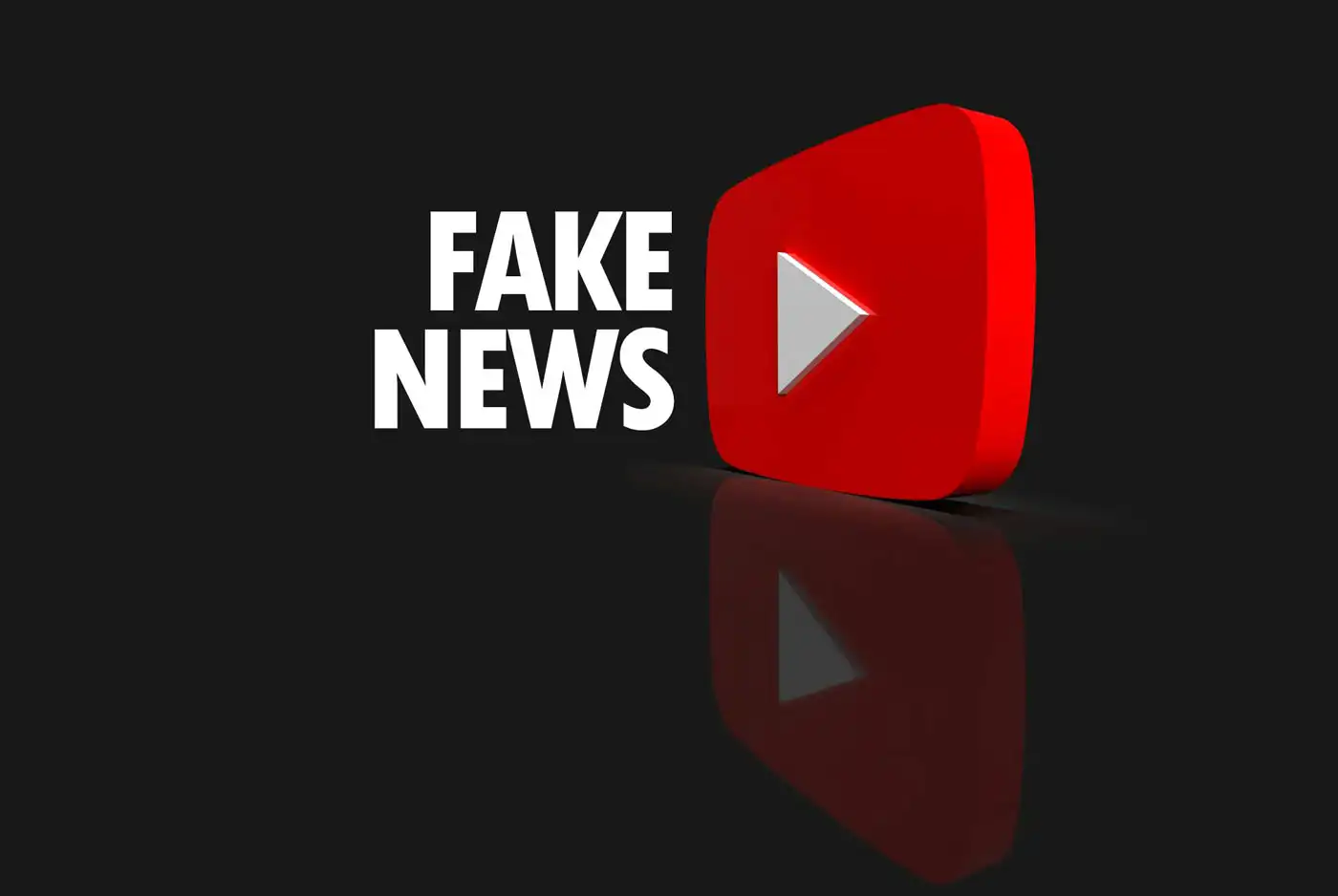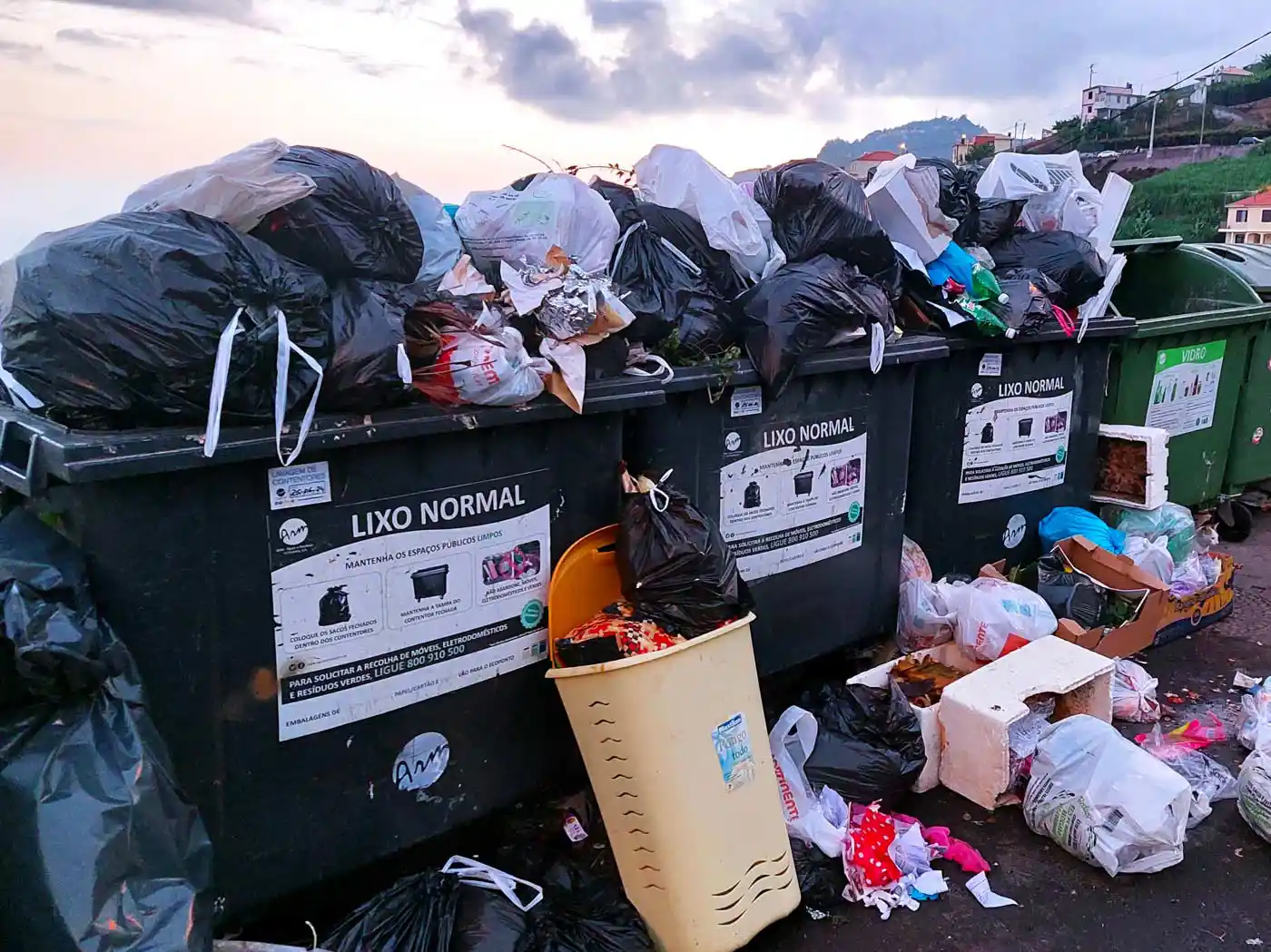Google Acts Against Foreign Influence Campaigns
Google announced on Monday that it has removed almost 11,000 YouTube channels and other online accounts that were connected to state-backed propaganda efforts from countries including China and Russia. The action was taken during the second quarter of 2025 as part of the company’s continuing efforts to stop the spread of misinformation on its platforms.
The majority of the deleted accounts - more than 7,700 - were tied to networks based in China. These accounts regularly posted videos in both Chinese and English, promoting positive messages about China’s government, its foreign policy, and its leader, President Xi Jinping. Some of the content also focused on criticizing U.S. policies abroad.
Google’s Threat Analysis Group, which leads the company’s work in identifying online security risks, said these removals are part of a broader attempt to reduce the impact of coordinated disinformation campaigns around the world.
Russia’s Media Efforts Also Targeted
Alongside China, Russia was responsible for more than 2,000 of the accounts removed. The Russian-linked channels published content in various languages that praised Russia’s government while attacking Ukraine, NATO and Western democracies. Some of these accounts were involved in spreading false narratives around the war in Ukraine and the actions of Western allies.
The Bigger Picture: Fighting Disinformation
Google’s actions reflect a larger concern within tech companies about foreign governments attempting to influence public opinion through social media. These efforts often focus on key political events, such as elections, and aim to create division within democratic societies.
A Growing Challenge for Tech Companies
Online propaganda from state actors is not a new problem, but it continues to evolve in both style and scale. Experts say these campaigns now use more sophisticated methods, blending real news with false or misleading content to confuse viewers.
Google’s ongoing efforts highlight the difficulty of staying ahead of these strategies. Other major platforms, such as Meta and X (formerly Twitter), face similar pressures to clean up their services.
As long as these campaigns continue, the responsibility falls on both the platforms and the public to stay informed and cautious about the sources of information they trust.






Comments